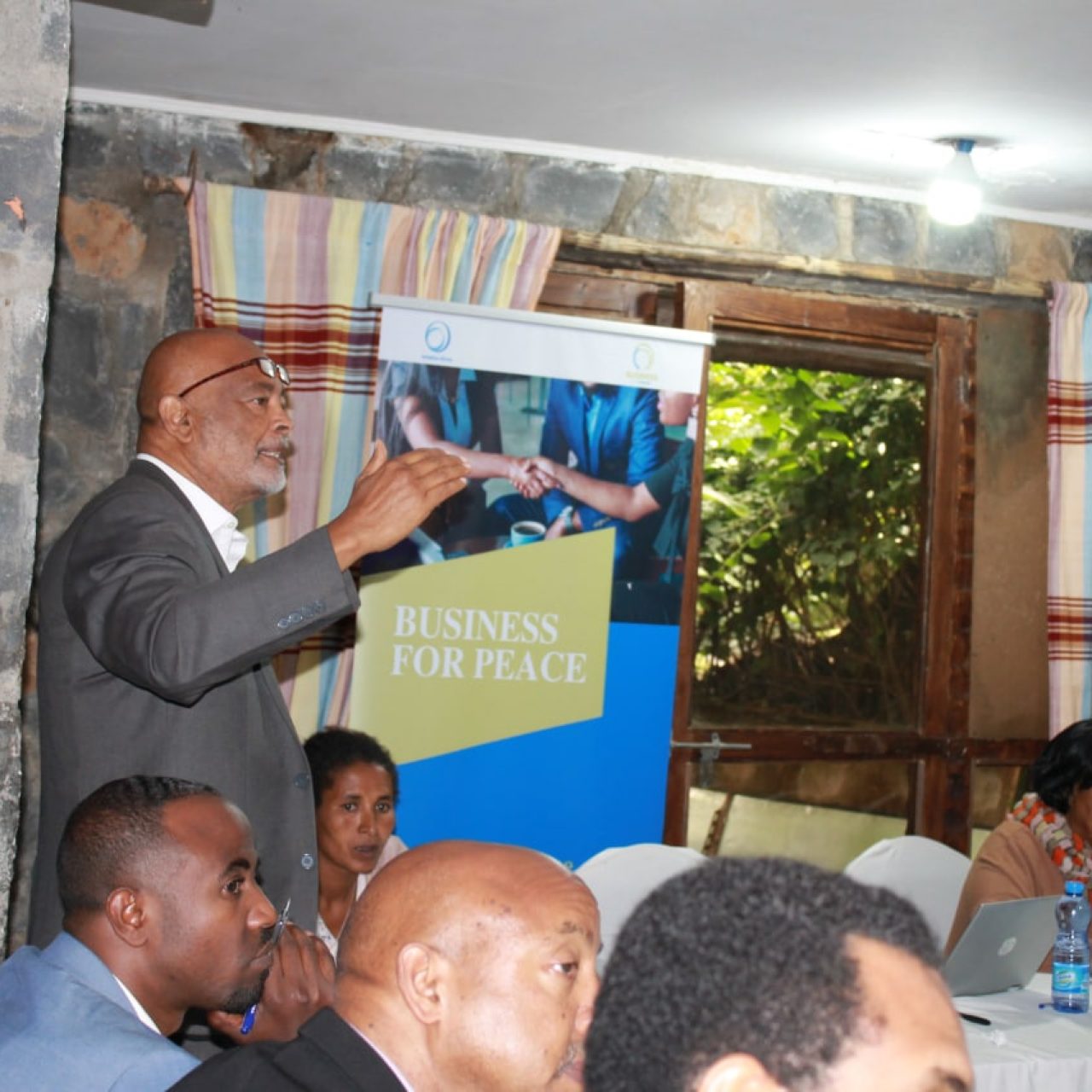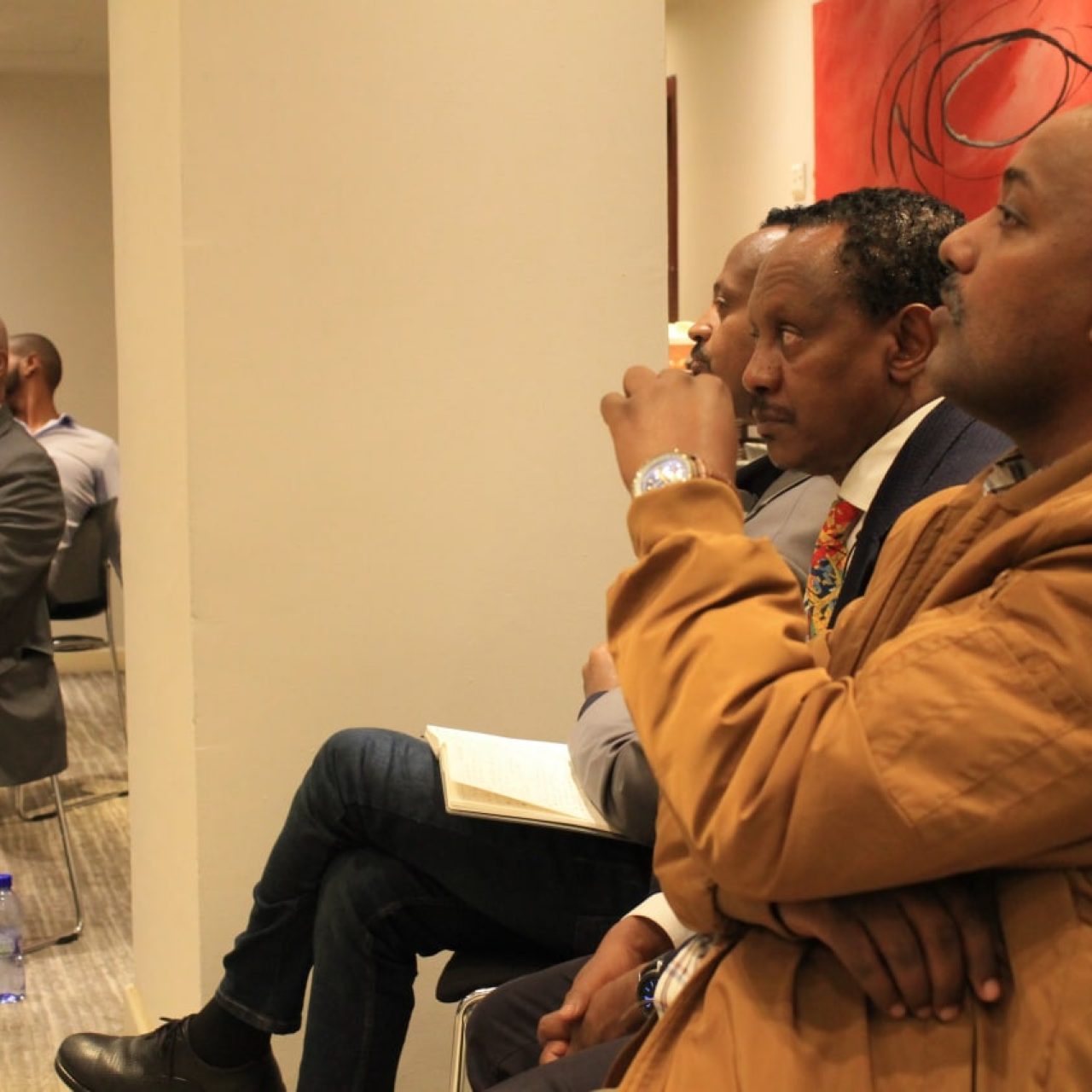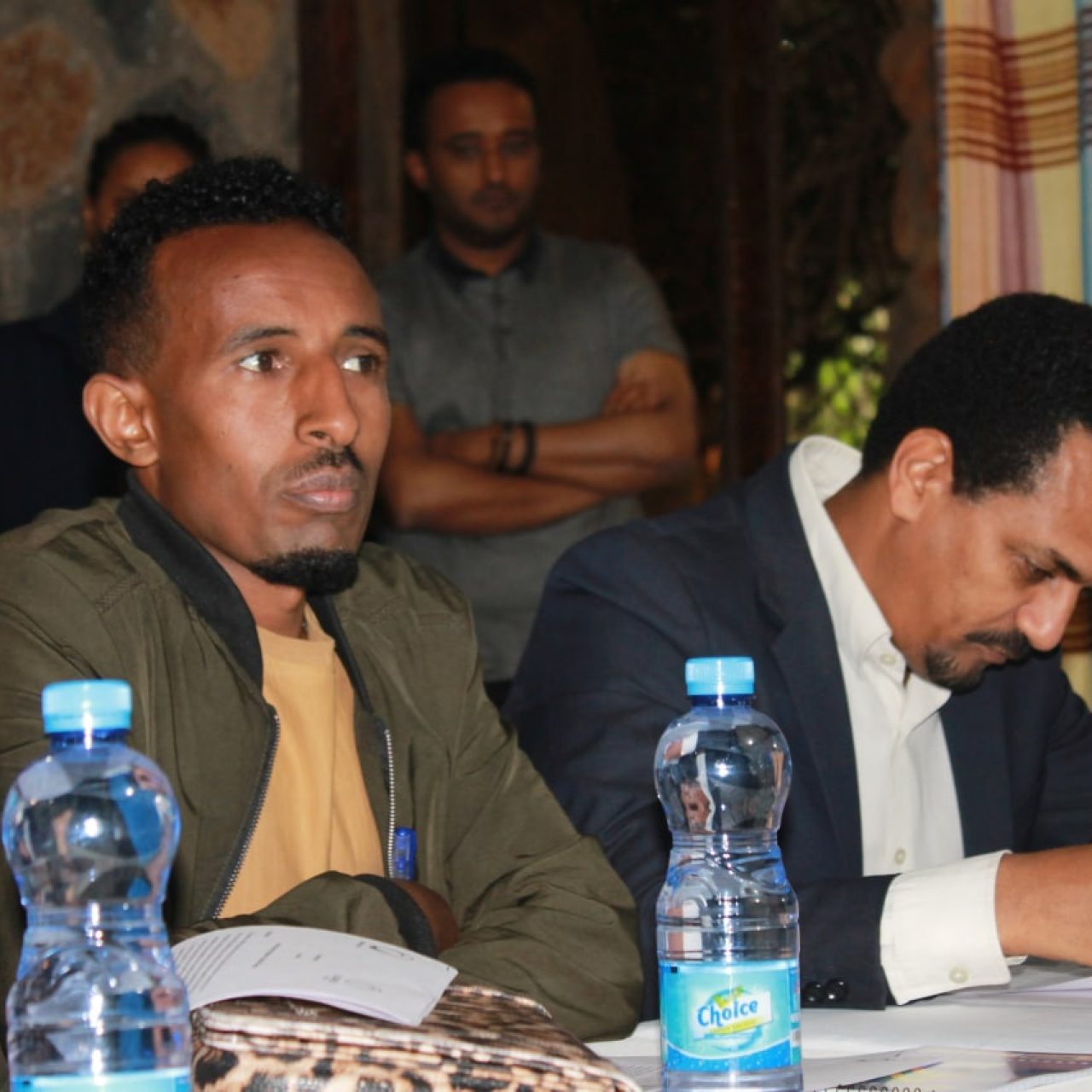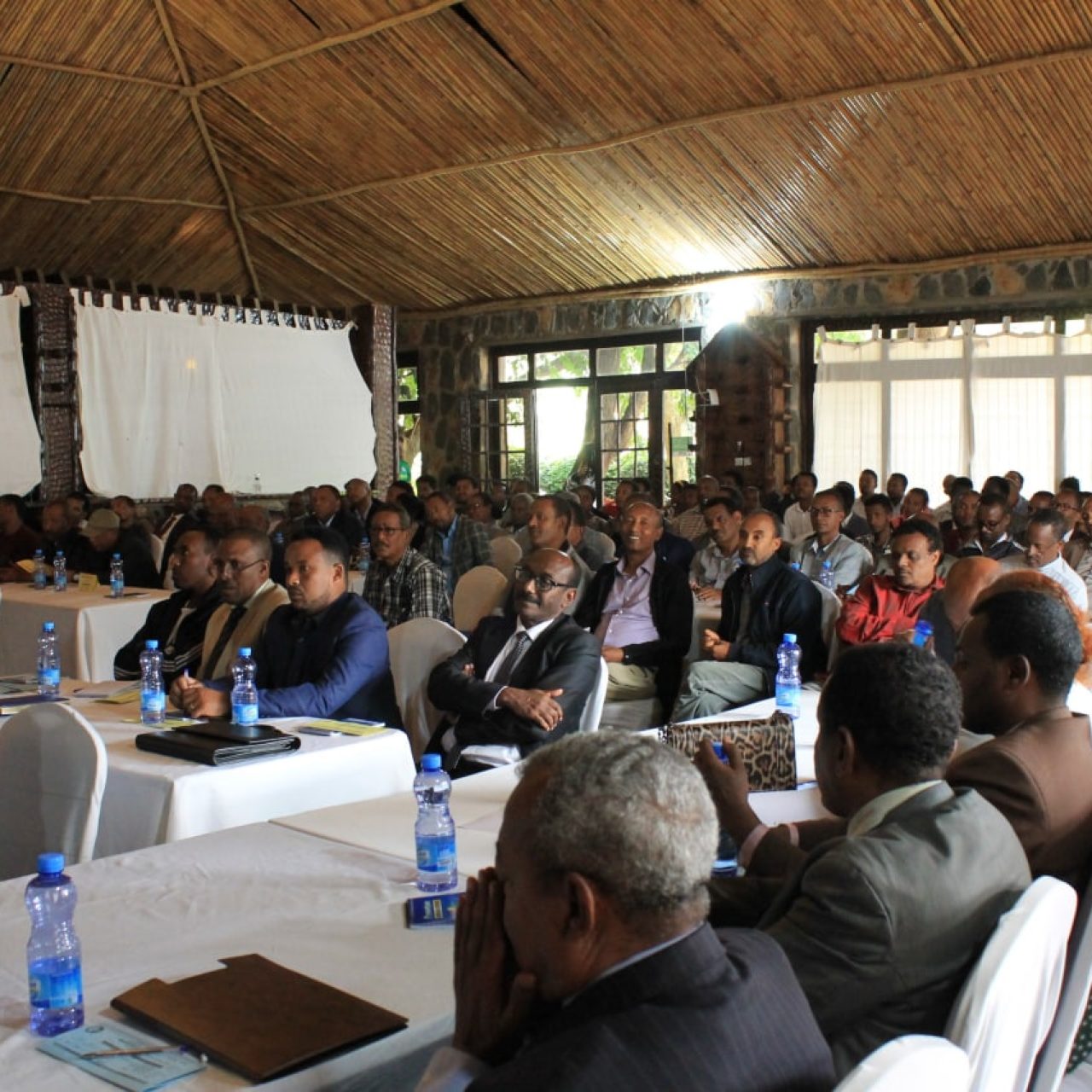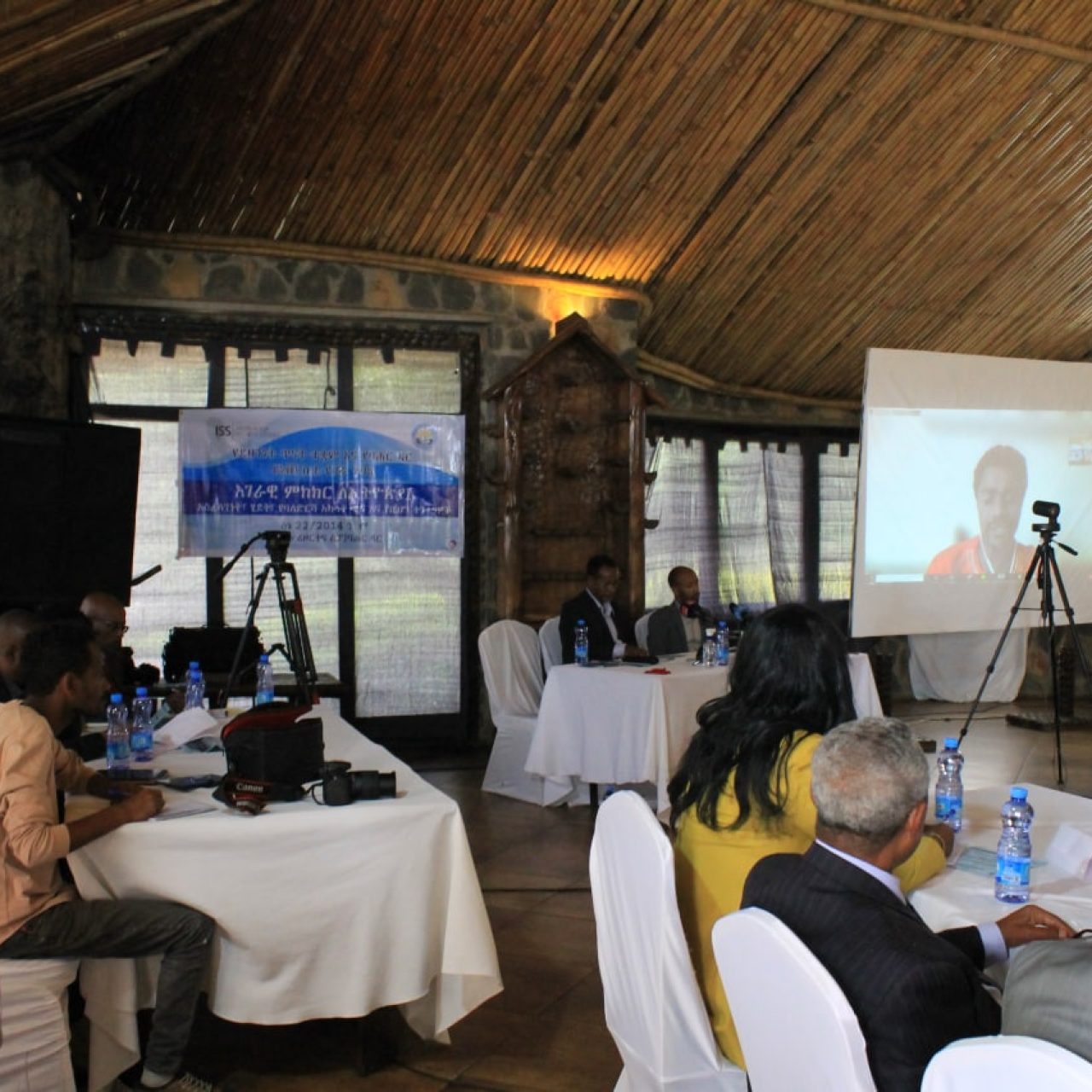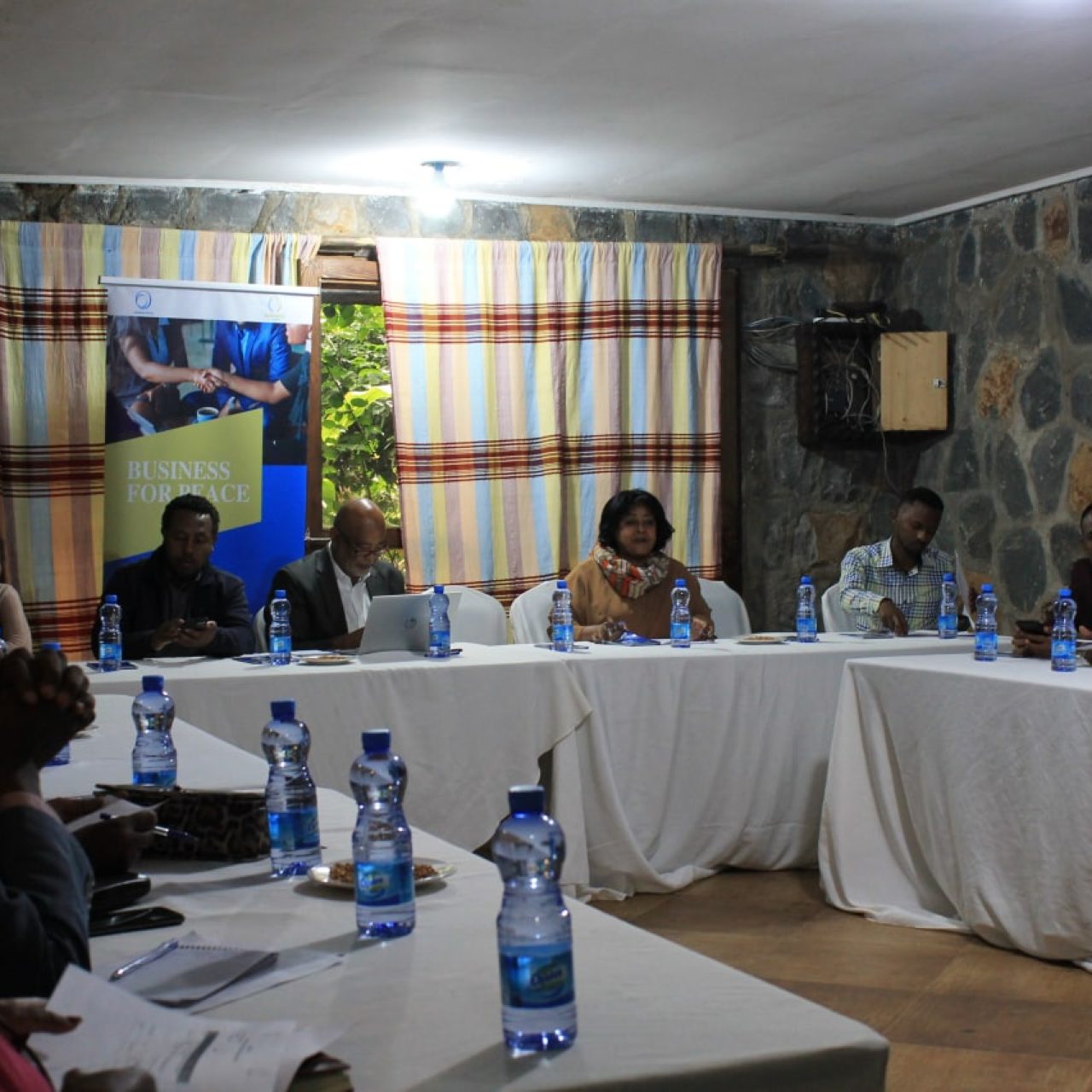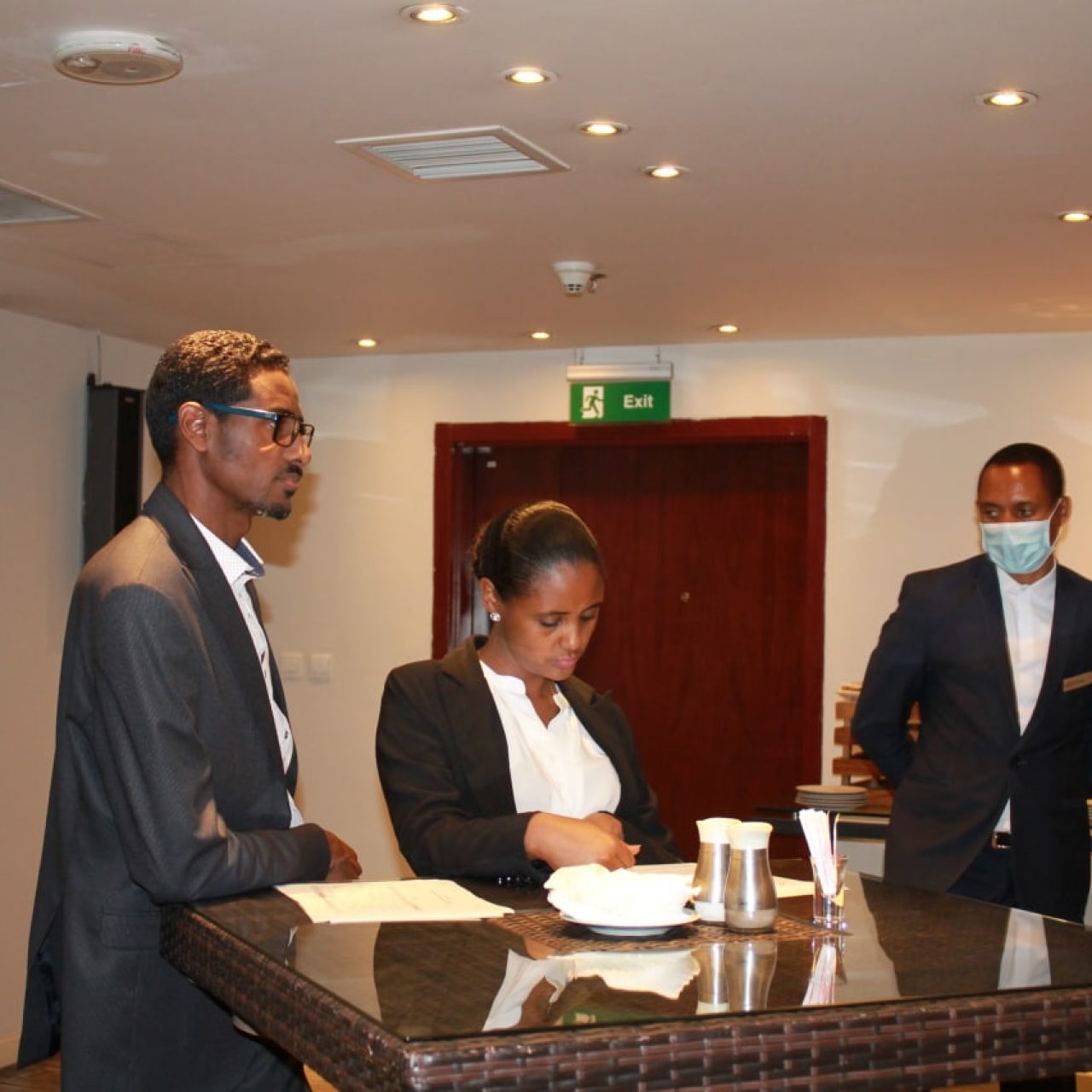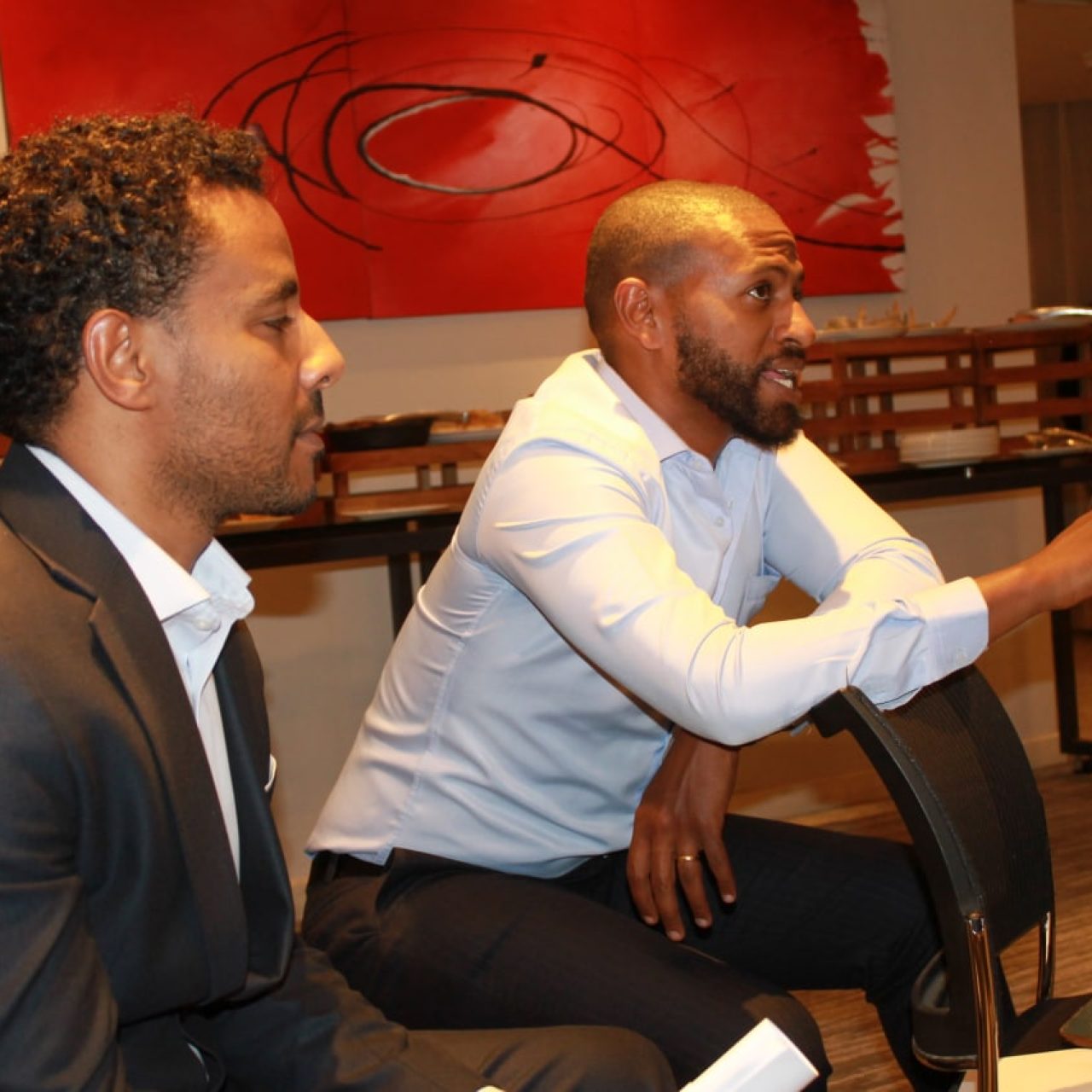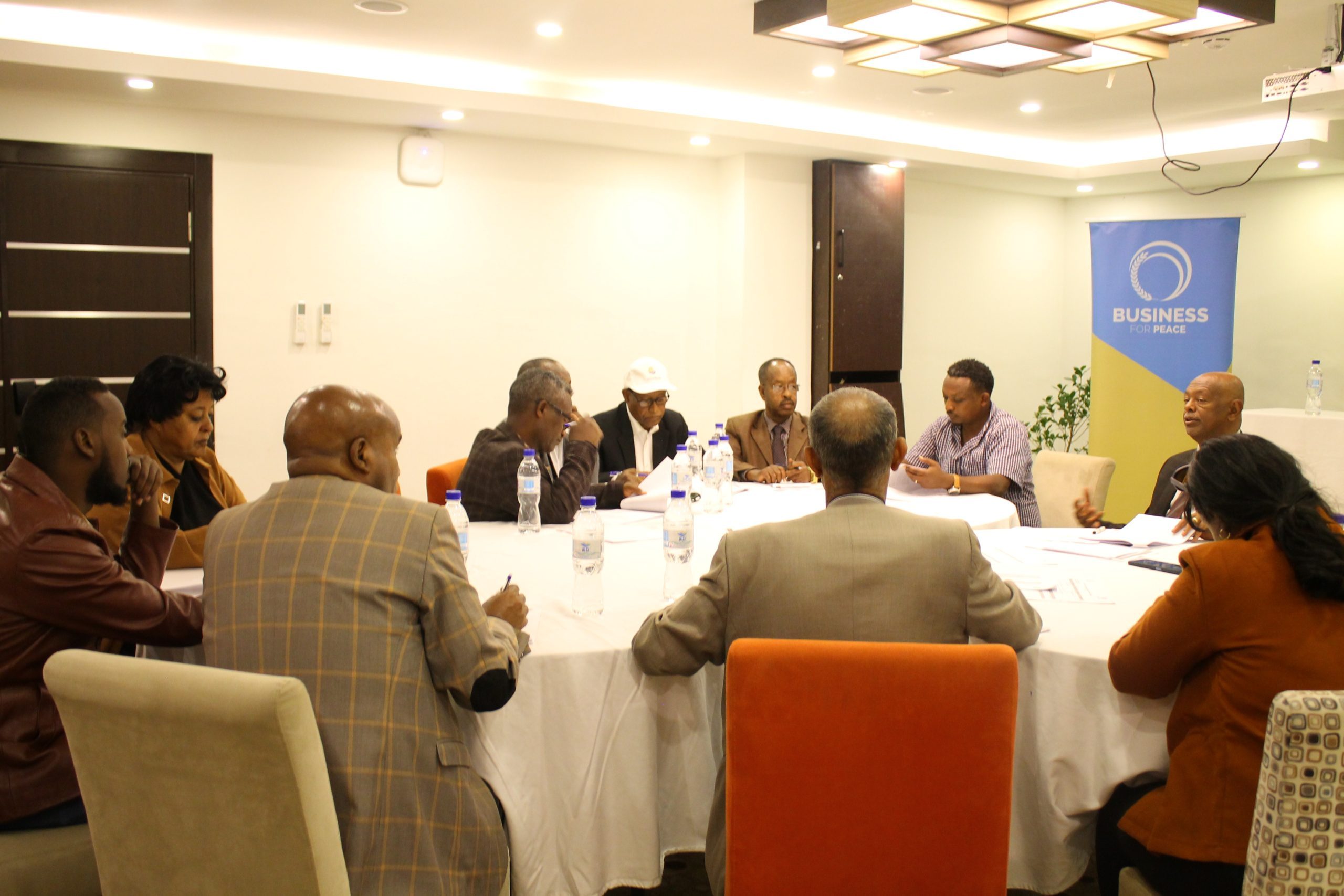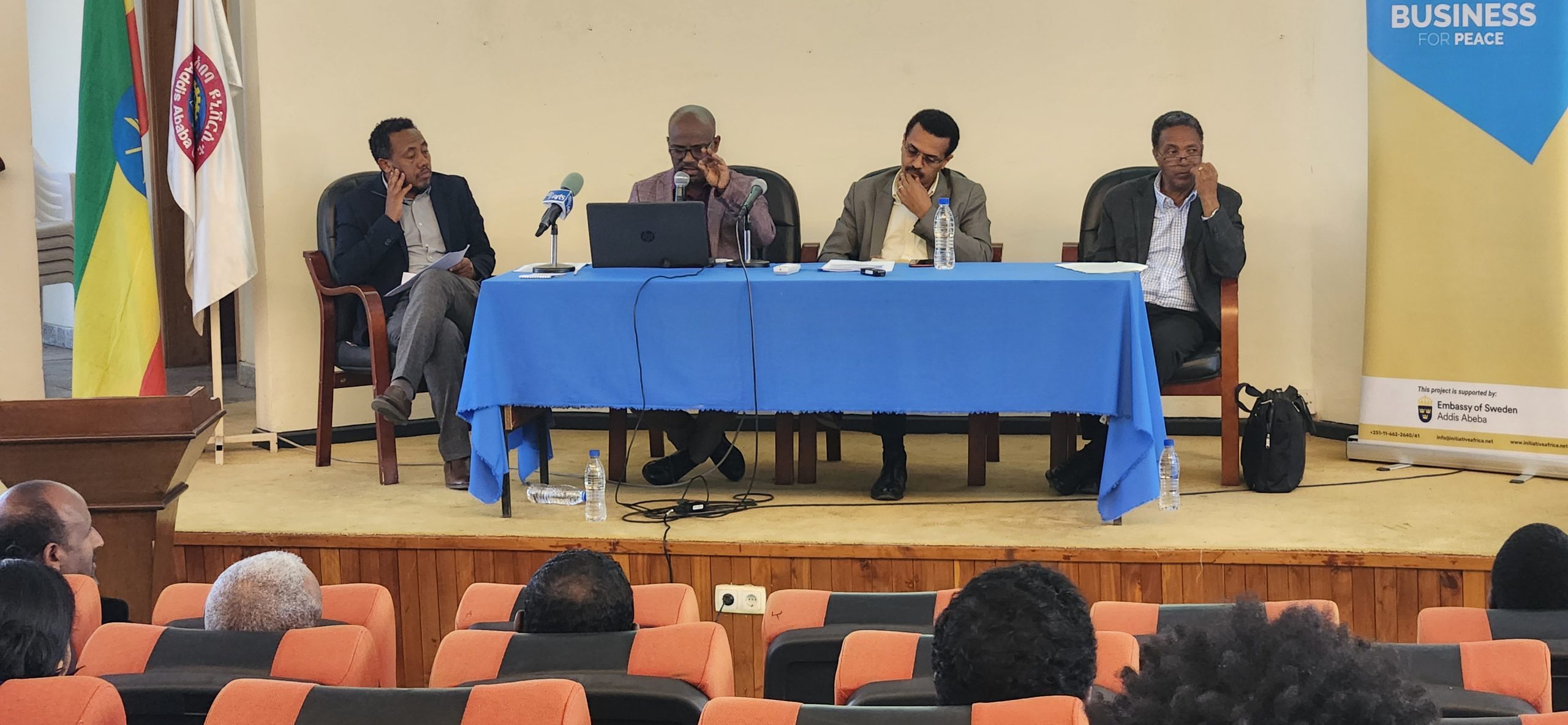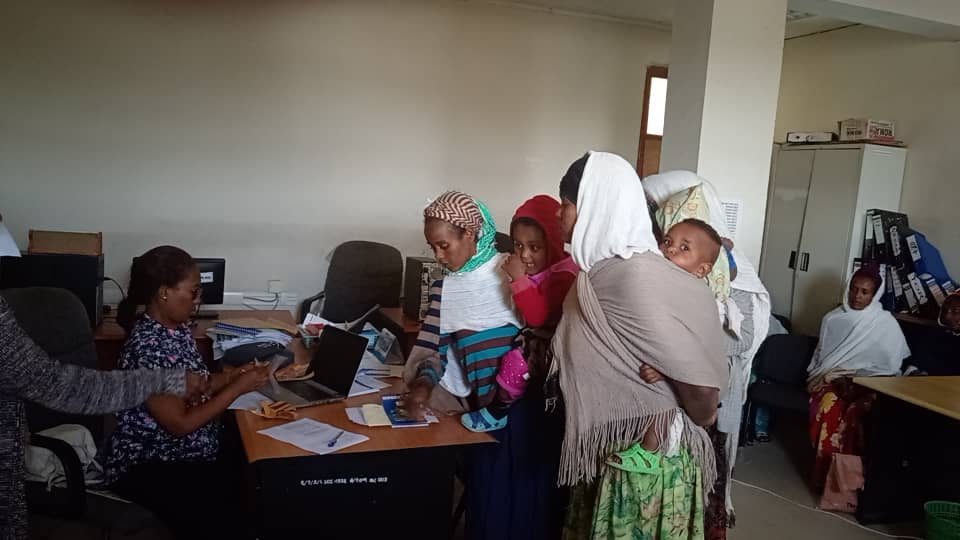Axum Airport Reopens, Signaling Hope for Economic Growth
Ethiopia – June 9, 2024 – The recent reopening of Axum Airport represents a significant turning point for the region, promising renewed economic opportunities and growth. The airport, which had been closed due to the conflict in Tigray, left a profound impact on the socio-economic fabric of the area, disrupting trade, tourism, and livelihoods. However, with its reopening, the region is poised for a revitalization.
The closure of Axum Airport had far-reaching consequences, particularly for local businesses reliant on tourism and trade. Hotels, restaurants, and small enterprises faced unprecedented challenges as the flow of tourists dwindled.
In the lead-up to the reopening, Initiative Africa (IA), in collaboration with the Center for International Private Enterprises (CIPE), organized a pivotal conference in Axum on October 2, 2023, under the theme of ‘Revitalizing Axum’s Tourism’. This gathering brought together experts, stakeholders, and community leaders to explore strategies for leveraging the airport’s revival to stimulate economic growth. This workshop underscored the importance of the reopening of the Airport to revive the economy of Axum.
The reopening of Axum Airport symbolizes hope and resilience for the residents of Axum and Ethiopia. It represents a significant step towards economic recovery and progress. As the region prepares to welcome travelers and cargo once again, the positive impacts on the local and national economy are anticipated.
While the reopening of Axum Airport is a milestone worth celebrating, its full potential will unfold gradually over time. As flights resume and activities at the airport pick up pace, the region can look forward to a brighter future.



